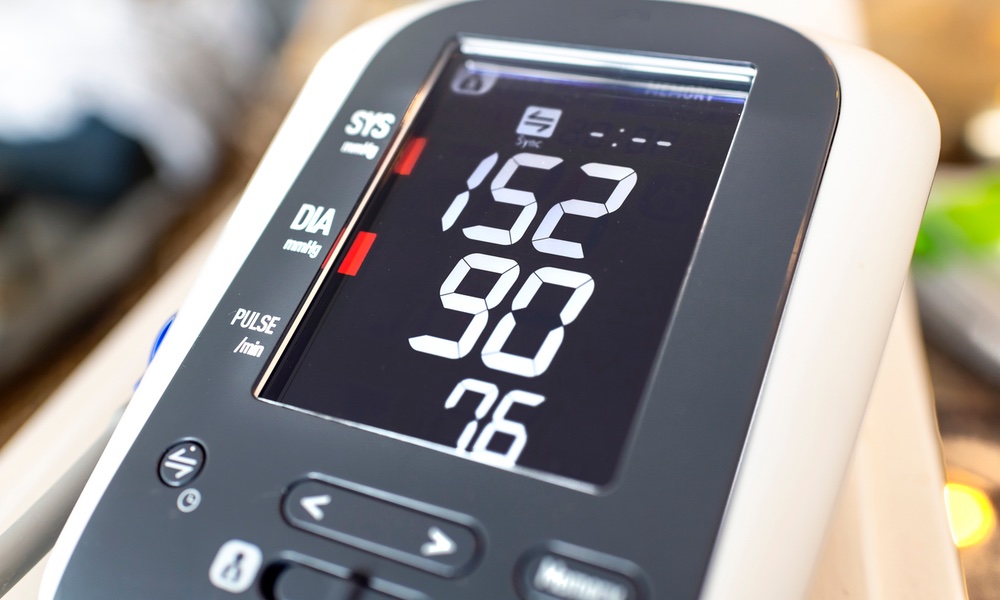The number of people with dementia is estimated to increase from 57.4 million in 2019 to almost 153 million worldwide by 2050. Low- and middle-income countries are and will continue to be the most affected.
People with untreated hypertension, or high blood pressure (BP), have a 42 percent greater risk of developing dementia than those who do not have hypertension or have their blood pressure under control.
Now a study led by researchers at the University of Texas suggests that taking antihypertensive medications can significantly lower the risk of dementia and cognitive impairment. The findings show that widespread BP control among patients with hypertension can help reduce the global disease burden of dementia.Participants treated for high blood pressure had a 15 percent lower risk of all-cause dementia and a 16 percent lower risk of cognitive impairment than the untreated control group.
Almost 34,000 people with untreated hypertension were enrolled in the study. Participants lived in 326 villages across rural China and were 40 years old or older. The intervention was led by trained nonphysician community health care providers called village doctors. They followed a physician-supervised protocol to help participants reach a BP goal of less than 130 mm Hg systolic and a diastolic BP goal of less than 80 mm Hg.
Over 17,400 participants were assigned to the intervention group. Village doctors provided them with antihypertensive medication and coaching about diet and weight loss. They also gave people in the study BP monitoring at home and made sure they took the blood pressure medications as prescribed.
The 16,588 members of the control group received training about BP management and had their BP measured in a healthcare setting, but were given no treatment.
After four years of follow-up, the intervention group had a 22 mm Hg reduction in systolic BP and a 9.3 mm Hg reduction in diastolic BP compared to the control group. The intervention group had a 15 percent lower risk of all-cause dementia and a 16 percent lower risk of cognitive impairment than the untreated control group.Widespread BP control among patients with hypertension can help reduce the global disease burden of dementia.
The study did not compare the effect of different classes of antihypertensive medications on dementia and cognitive impairment risk, and further research is needed to understand the mechanisms by which these medications reduce these risks.
The study is published in Nature Medicine.





